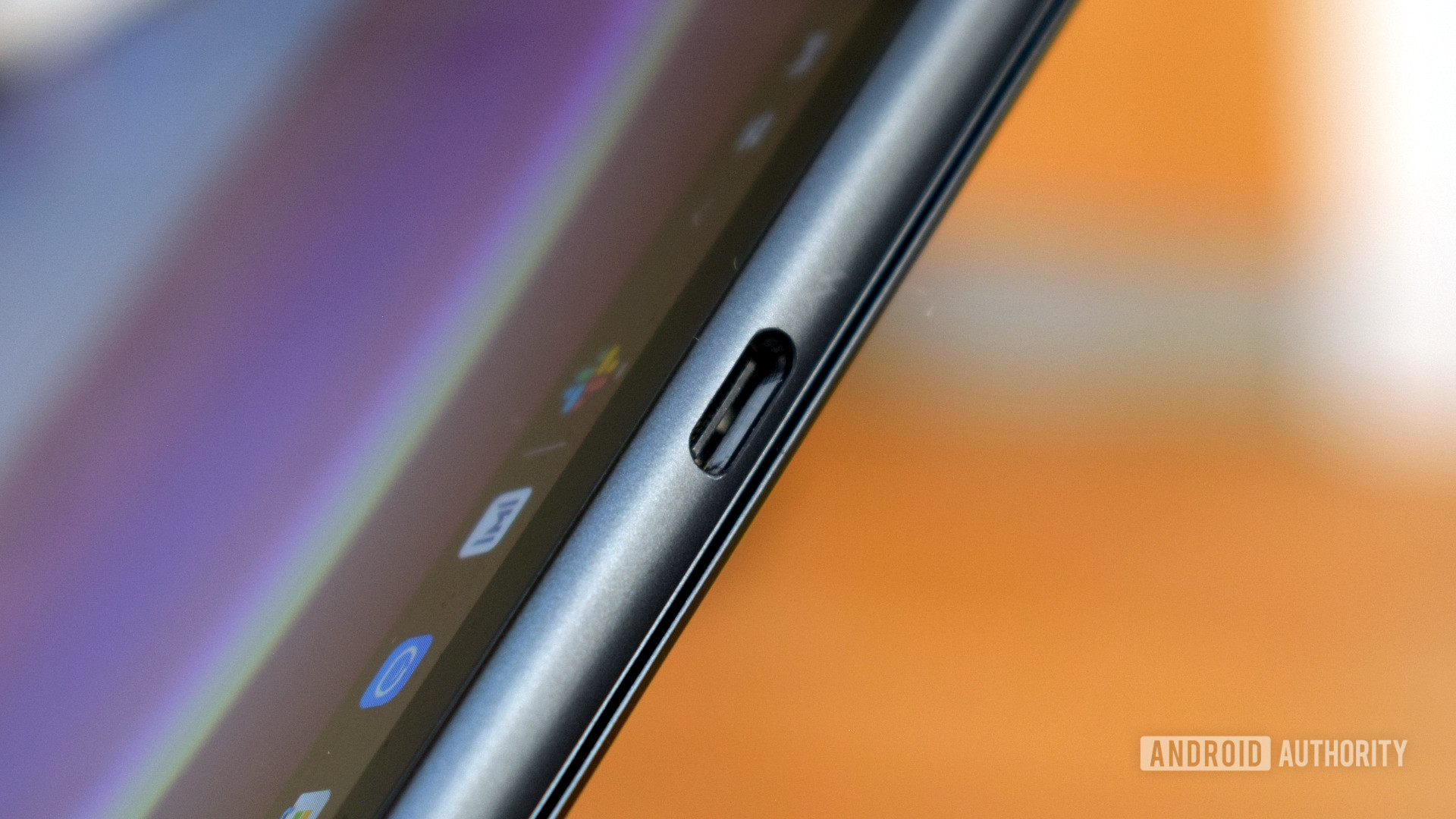
Robert Triggs/Android Authority
TL;PhD
- The EU wants all manufacturers to adopt USB-C chargers.
- This will greatly reduce environmental pollution.
- The proposal would benefit consumers by reducing vendor lock-in.
The European Union has taken another step towards standardizing chargers for electronic devices, recommending the use of USB-C.
The European Union signaled in September 2021 that it wants to force manufacturers to use standardized charging ports for smartphones and tablets. Members of the European Parliament (MEP) of the Internal Market and Consumer Protection Committee (IMCO) have now voted 43-2 to expand their initial proposal to include laptops, handheld game consoles, cameras and other devices.
While many Android device manufacturers have adopted USB-C, Apple’s devices are divided into USB-C and Lightning ports. Laptops are equally scattered, some using USB-C and some using traditional barrel chargers.
See also: Apple’s fight with Europe over USB-C is a losing battle
The EU is concerned about the environmental impact of customers continuing to buy multiple chargers, the incentive for consumers and the potential for being locked into one vendor’s peripheral ecosystem.
Rapporteur Alex Agius Saliba (MT, S&D).
The proposal does allow exemptions for certain devices, especially those that are too small to effectively accommodate a USB-C port. Exemptions will include smaller smartwatches, fitness trackers and similar products. However, larger models still fall within the scope of the new proposal.
read more: Find the right USB-C cable and charger for your needs with these new logos
MEPs also expressed concerns about emerging wireless charging methods and called on the committee to take similar action to ensure interoperability in the field. The concern is that manufacturers could use wireless charging as a way to bypass the proposal, perpetuating the proprietary option, locking in their customers.
The European Parliament will vote on the revised proposal in May. If the new rules pass parliament, MEPs will begin negotiations with individual EU member states on their implementation.
Comment










